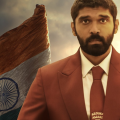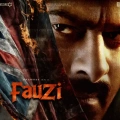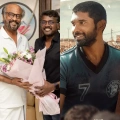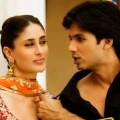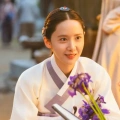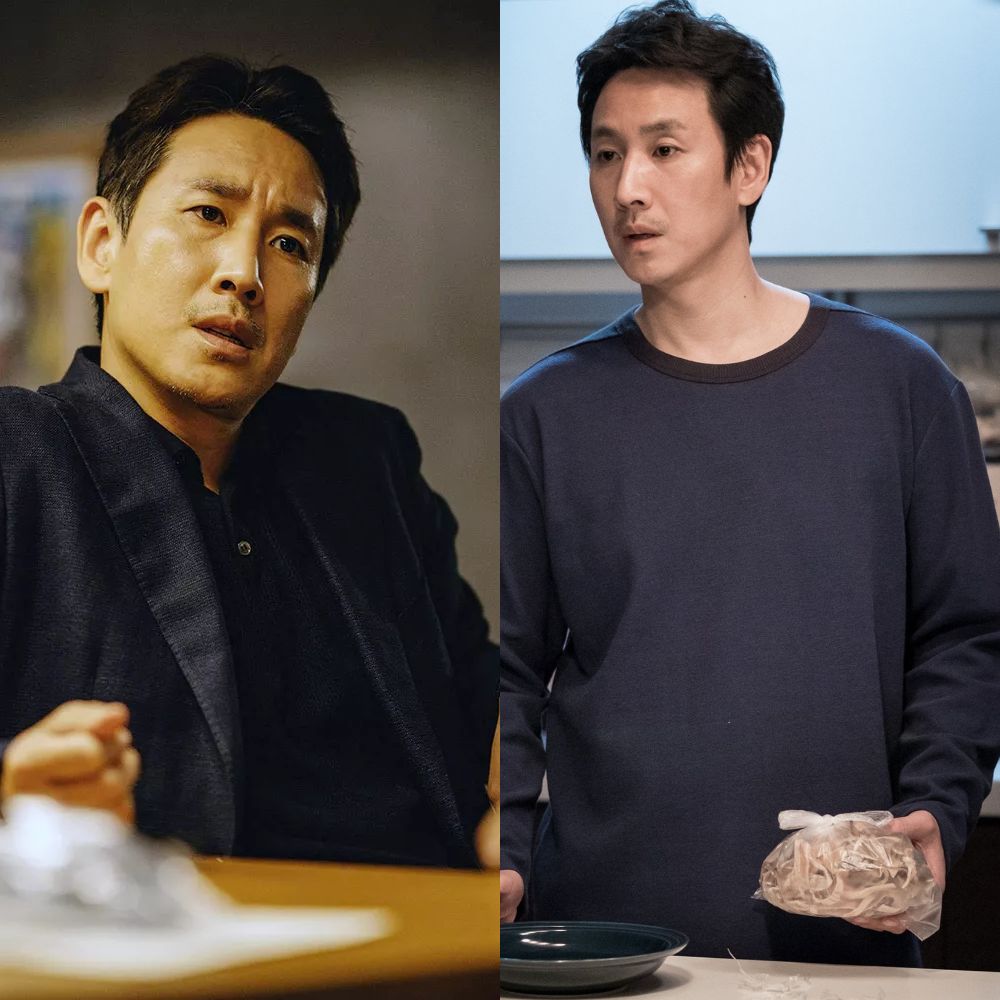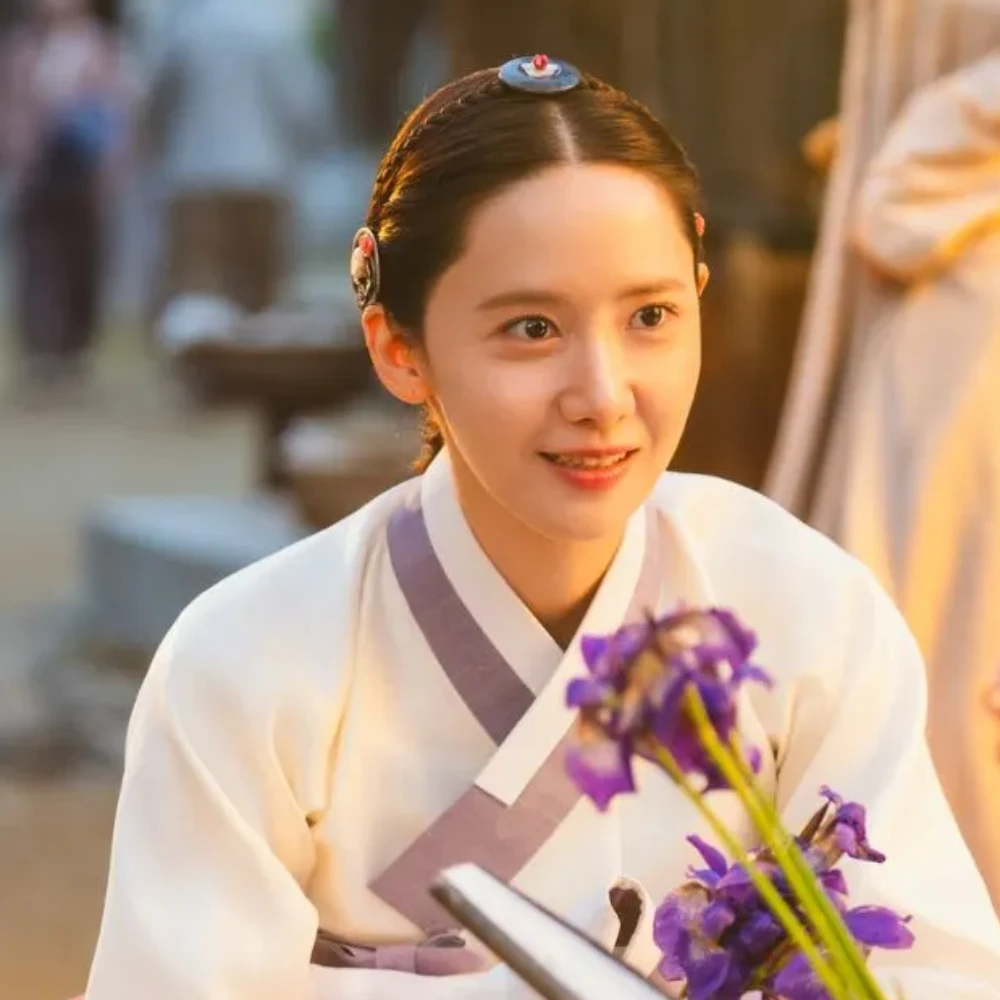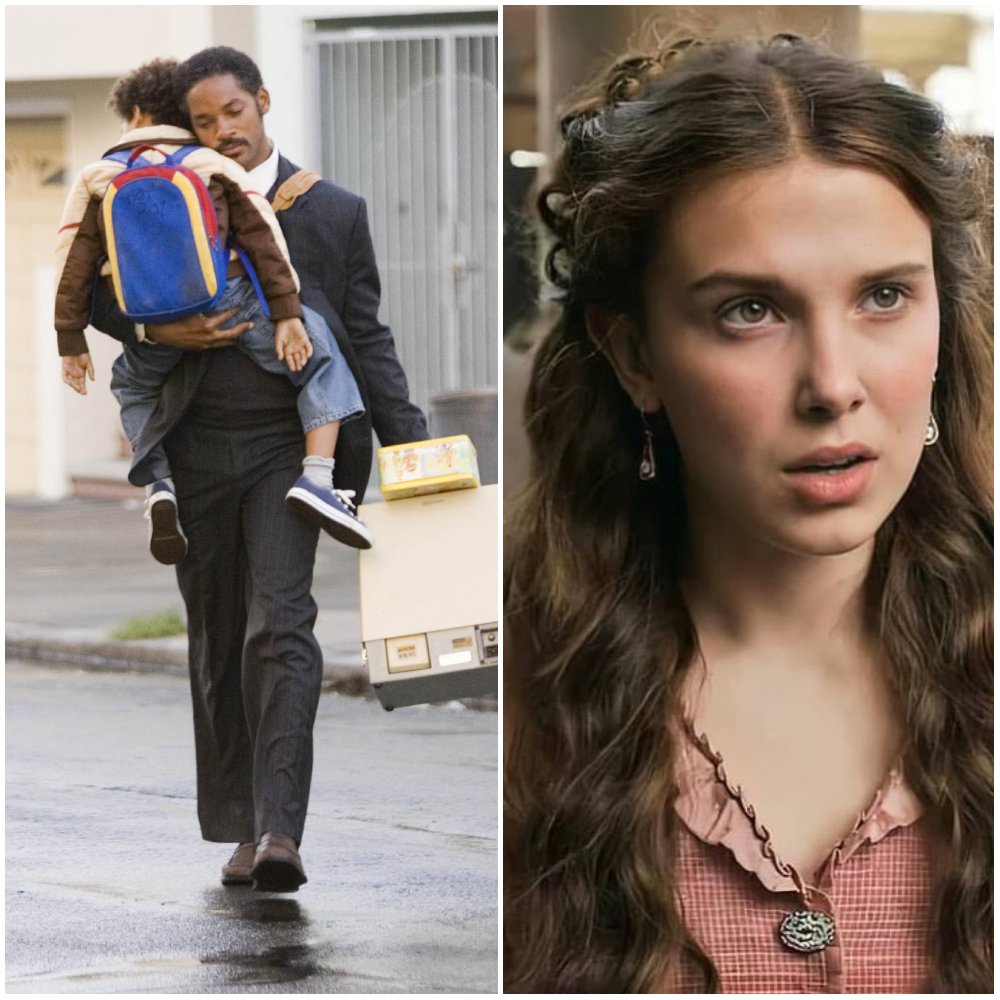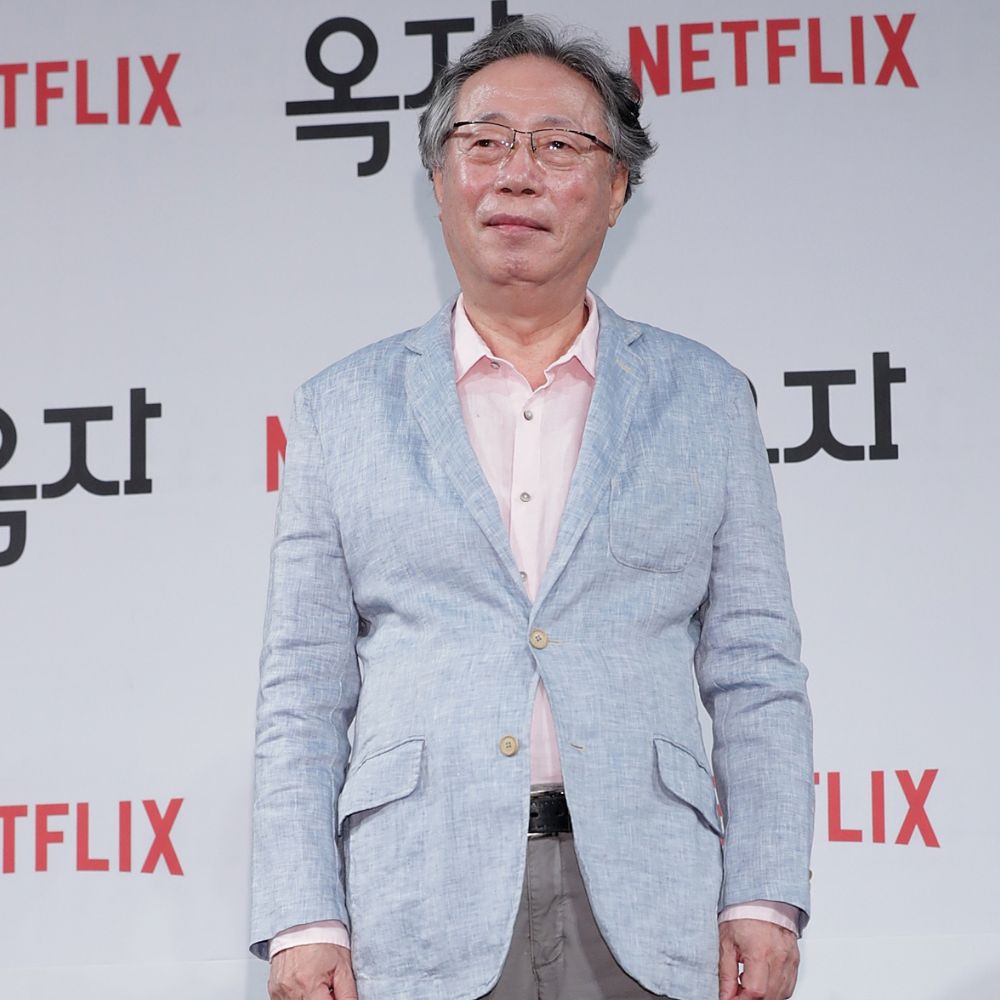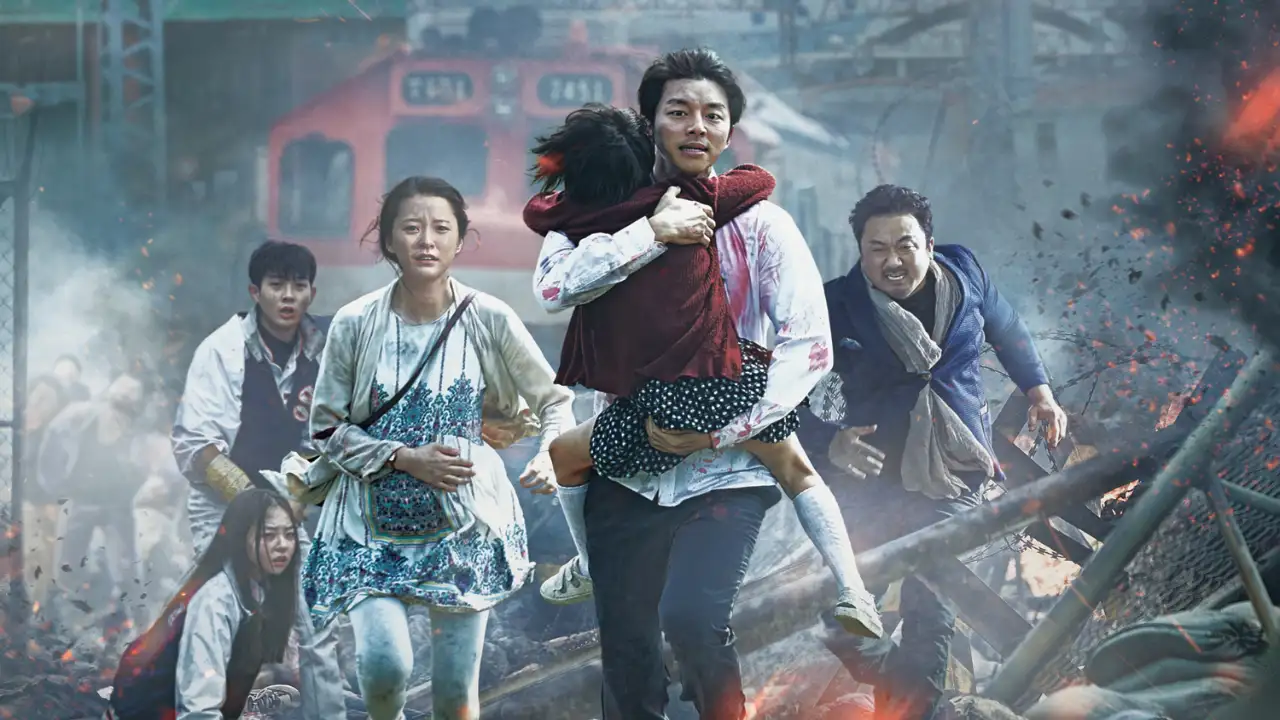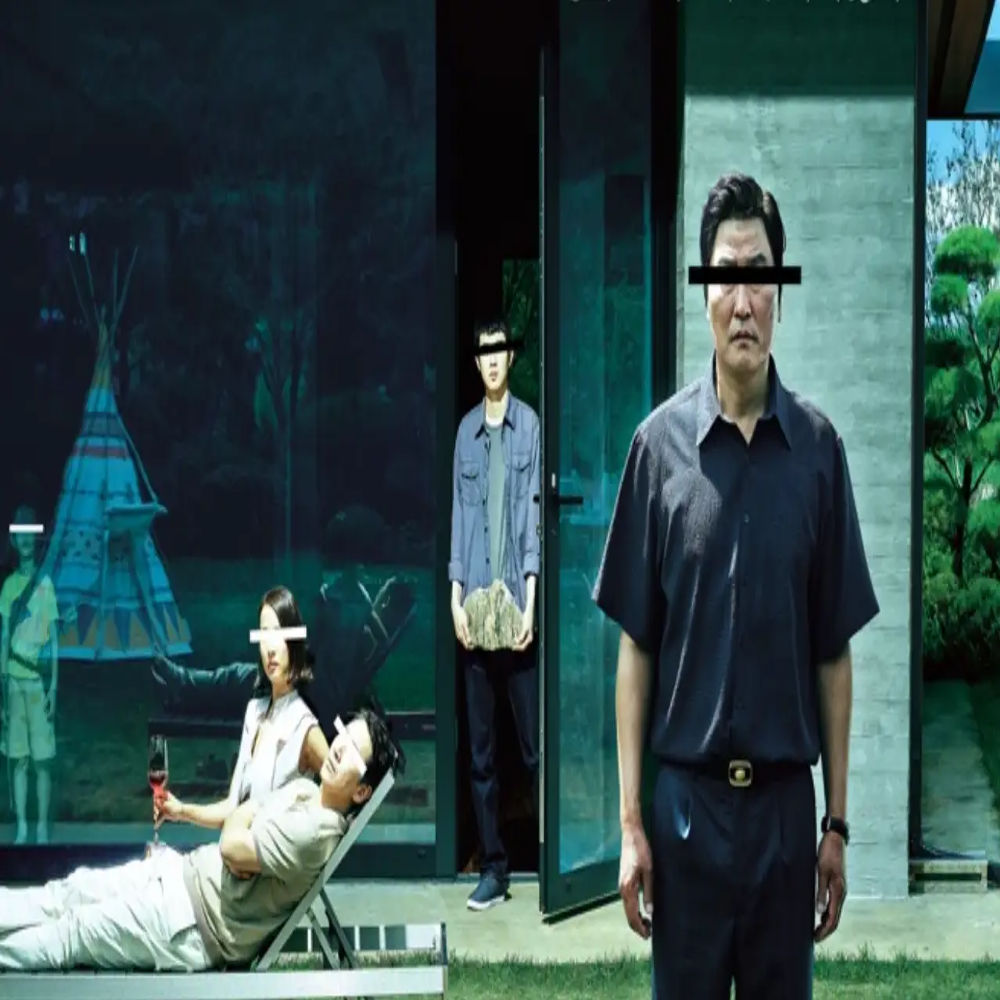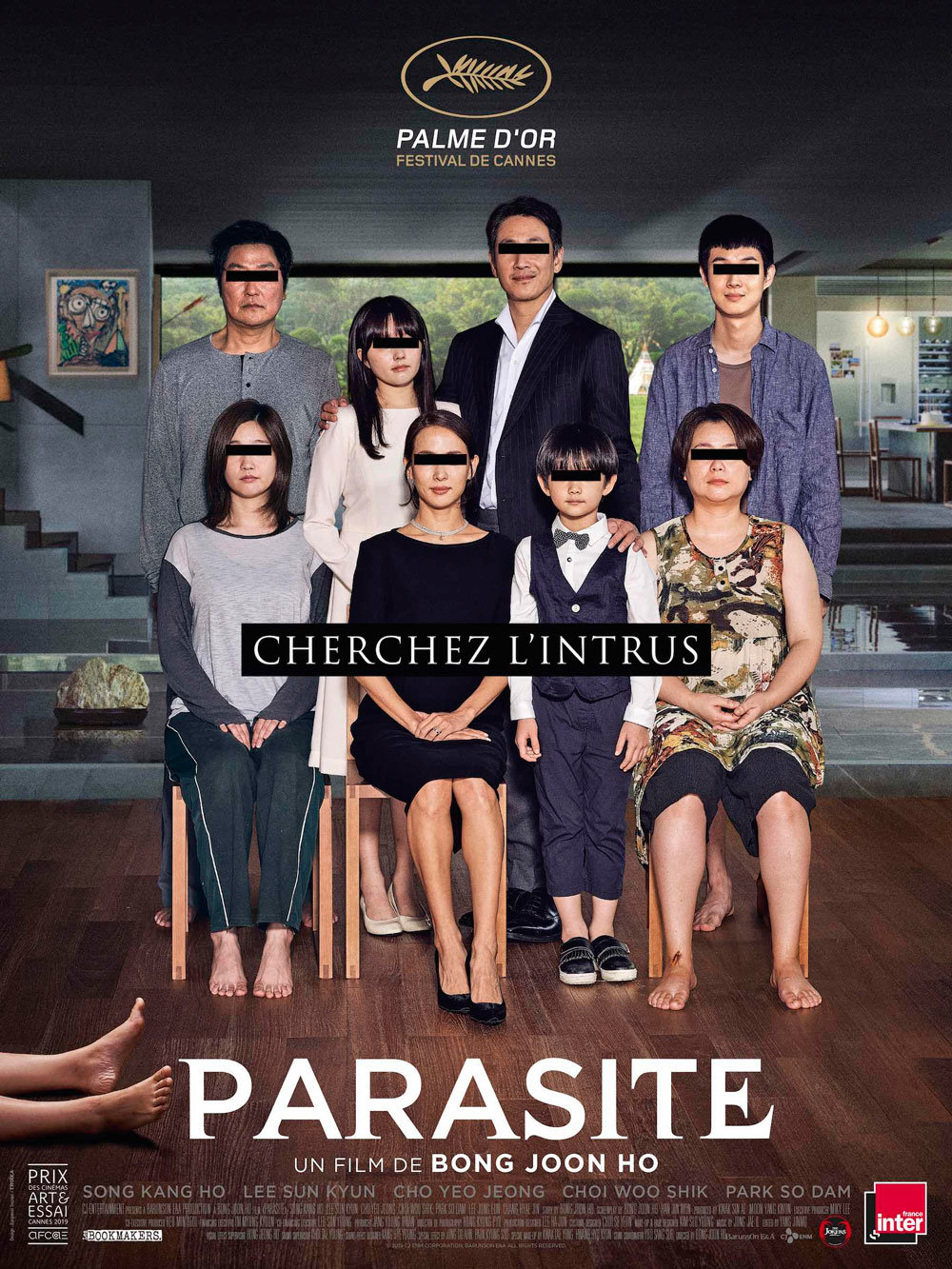Top 10 best Korean directors to check out: Bong Joon Ho, Park Chan Wook and more
Korean films are interesting and one of a kind. Behind them are the best Korean directors making sure these films shine. Check out these 10 Korean directors and their must-see work.
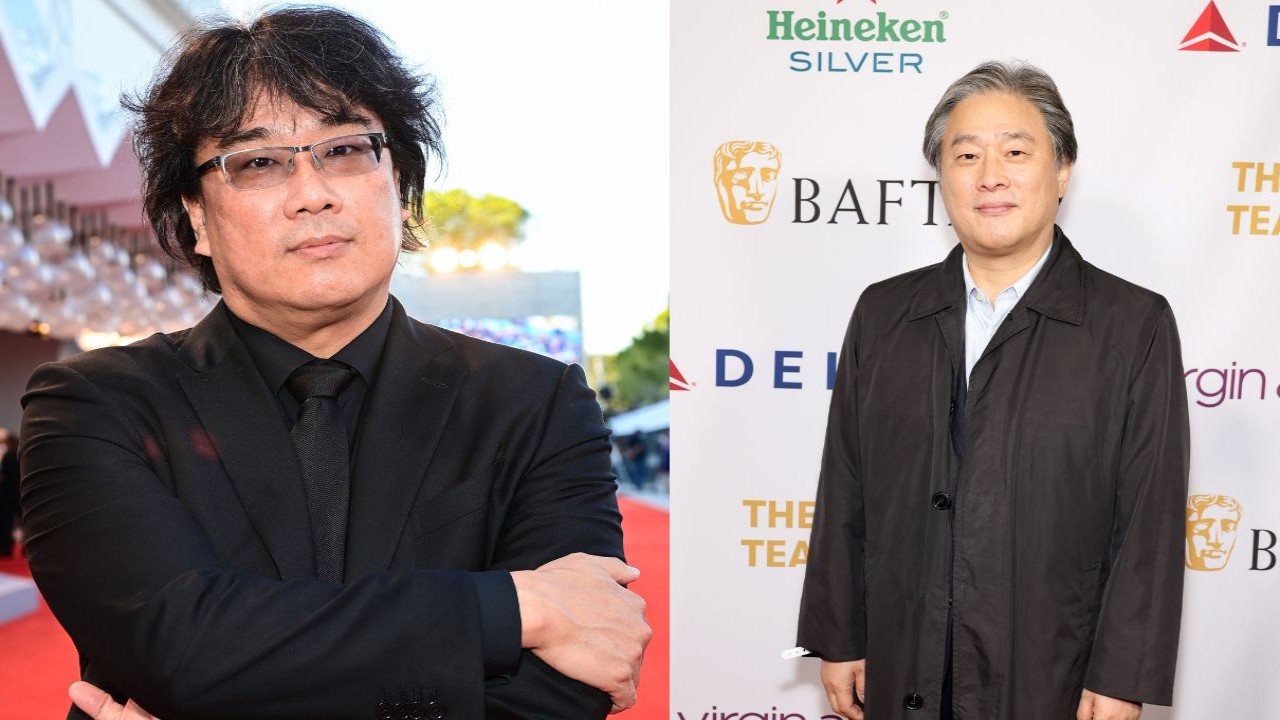
The South Korean film industry has undeniably carved out a prominent position on the global cinema stage. This achievement is a direct result of the unwavering commitment and perseverance demonstrated by the trailblazers of the South Korean film industry, along with the brilliance of the best Korean directors.
With strong character development, beautiful camera work, gripping storylines, and captivating performances, the Korean film industry has seen notable growth in style and delivery from some of the famous Korean directors. The hard work and dedication of industry pioneers are what truly make their contributions worthwhile. Check out these 10 exceptional directors and their works-
1. Bong Joon Ho
Bong Joon Ho, affectionately known as Bong Tae Il, which translates to detail, is recognized for his meticulous approach to filmmaking. His movies are visually striking, with a level of quality that matches the depth of their dark and often haunting narratives. Bong Joon Ho challenges traditional film genres, pushing the boundaries and questioning their established conventions. For those who were introduced to Bong Joon Ho's work through the Oscar-winning Parasite, delving into his earlier films like Memories of Murder, Okja, Snowpiercer, and The Host offers a deeper understanding of Joon Ho's creative genius.
His recent film Parasite is a dark comedy thriller centered around Ki Woo (played by Choi Woo Sik), a young man from a struggling family. Ki Woo seizes an opportunity to interview for a tutoring job with Mr. Park (played by Lee Sun Kyun), a wealthy homeowner. This encounter triggers a series of unpredictable events that unfold with gripping intensity. At the 92nd Academy Awards, Parasite made history by clinching four Oscars, including Best Picture, Best Director, Best Original Screenplay, and Best International Feature Film. Notably, it became the first non-English-language film to secure the coveted Best Picture award, cementing its place in cinematic history.
2. Park Chan Wook
Watching a Park Chan Wook movie is akin to embarking on a rollercoaster ride fraught with uncertainty yet promising an exhilarating thrill. As a renowned Korean director, Park Chan Wook has garnered acclaim for his masterful use of framing, black humor, and visceral sequences. Perhaps his most iconic work is Oldboy (2003), a cornerstone of his acclaimed The Revenge Trilogy. This film has earned accolades from esteemed figures like director Quentin Tarantino and the president of the 2004 Cannes jury, solidifying its place as one of the finest neo-noir films in cinematic history.
Another of Park Chan Wook's films, The Handmaiden, is a captivating tale of love, obsession, deceit, and vengeance, skillfully crafted by a modern cinematic maestro. Set against the backdrop of 1930s South Korea and Japan, the story revolves around four compelling characters: a wealthy heiress (Kim Min Hee) poised to inherit a fortune, a cunning con artist (Ha Jung Woo) scheming to manipulate her wealth, a young female thief (Kim Tae Ri) enlisted by the con artist for his plans, and the heiress's uncle (Cho Jin Woong), serving as her guardian.
3. Kim Jee Woon
Kim Jee Woon is a renowned director and screenwriter celebrated for his unique visual style and genre-defying approach to filmmaking. He meticulously crafts his films, paying close attention to every detail, and often includes extensive documentary materials and commentary to enrich the viewing experience. One of his notable works is A Tale of Two Sisters, which draws inspiration from a Korean folktale. This film achieved commercial success and critical acclaim, earning the title of Most Popular Film at the Fantasia International Film Festival.
Another standout film by Kim Jee Woon is I Saw The Devil, a gripping tale of revenge and redemption. The story follows secret service agent Soo Hyun, who embarks on a relentless quest for revenge after his pregnant fiancée is brutally murdered. Soo Hyun's pursuit of justice takes a chilling turn as he identifies the killer and initiates a deadly game of cat-and-mouse.
4. Na Hong Jin
Na Hong Jin is hailed as one of South Korea's most brilliant filmmakers, renowned for his penchant for gripping narratives infused with shock value. His films, characterized by their fast-paced thrills, often leave audiences unsettled with their twisted exploration of morality.
In his film The Wailing, a sudden visit from a Japanese man disrupts the peace of a secluded Korean village. Soon, residents begin exhibiting symptoms of a mysterious infection, driving them to commit unspeakable acts against their own families. Policeman Jong Goo embarks on an investigation, but when his own daughter falls victim to the affliction, he becomes determined to halt the escalating calamity. Assisted by the mysterious shaman Il Gwang and a mysterious woman, Jong Goo endeavors to save the village from impending doom.
5. Yim Soon Rye
Yim Soon Rye stands as one of the prominent female Korean directors in the Korean New Wave cinema landscape. Renowned for her poignant explorations of South Korean society, her films serve as a platform for advocating women's empowerment and highlighting their roles in cinema. Yim Soon Rye's works diverge from the mainstream blockbusters, instead focusing on intimate narratives with personal depth.
In Little Forest, Hye Won (Kim Tae Ri) leaves behind the bustling city life in pursuit of her dreams, only to face setbacks in both career and love. Disheartened, she retreats to her rural hometown, where she reunites with old friends Jae Ha (Ryu Jun Yeol) and Eun Sook (Jin Ki Joo). Amidst the tranquil embrace of nature, Hye Won discovers solace and joy in the simplicity of rural living, finding beauty in the connection between food, friendship, and the natural world.
6. Hwang Dong Hyuk
Hwang Dong Hyuk has garnered acclaim for his adept portrayal of characters' emotions and skill in crafting authentic lives for them. Among his most notable works are the 2021 sensation K-drama Squid Game and the 2011 film Silenced.
Silenced delves into the harrowing true story of sexual abuse inflicted upon hearing-impaired children at Gwangju Inhwa School. Led by Gong Yoo, who portrays a new teacher at the school, the film sheds light on the disturbing reality hidden within its walls. The case gained public attention following author Gong Ji Young's novelization in 2009, and the subsequent film adaptation in 2011 further fueled public outcry. This heightened awareness catalyzed a retrial, leading to stricter sentencing for the perpetrators. Silenced serves as a poignant example of how the media can drive positive change in society by bringing injustices to light.
7. Yoon Ga Eun
Yoon Ga Eun's films typically revolve around a young protagonist, offering a window into the world through their eyes. With a palette of soft pastels, she skillfully depicts the rollercoaster of emotions that define childhood. Her films excel at capturing those fleeting yet significant moments from youth, moments often overlooked as we grow older.
In her coming-of-age masterpiece, The World Of Us, Yoon Ga Eun explores the journey of a bullied girl who finds solace in a new friendship formed during a school break. However, as classes resume, the weight of bullying threatens to unravel their newfound bond.
8. Hong Sang Soo
Hong Sang Soo is often likened to a South Korean blend of Woody Allen and Richard Linklater, known for his distinct cinematic style. His films possess a unique ability to capture the intricacies of life's unfolding, finding beauty in seemingly ordinary moments that carry hidden depths of charm and appeal.
In On the Beach at Night Alone, Hong Sang Soo delves into the aftermath of a publicized affair between an actress and her director. Fleeing to Hamburg, she embarks on a journey of self-discovery, grappling with the complexities of love and identity amidst unfamiliar surroundings.
9. Lee Chang Dong
Lee Chang Dong's films navigate themes of despair and displacement with a poignant touch, delving into existential questions without veering into preachiness. In his masterpiece Burning, we follow Lee Jong Su, a young author, as he reconnects with his childhood friend Shin Hae Mi and becomes enamored with her. However, their dynamic takes a dark turn when Hae Mi introduces him to Ben, a mysterious individual with unsettling hobbies, setting the stage for chilling circumstances to unfold.
10. Lee Chung Hyun
Since his high school days, Lee Chung Hyun has been deeply engaged in crafting short films that seamlessly blend action-packed sequences with poignant emotional moments. Among his notable works are The Call and Ballerina. In Ballerina, Lee Chung Hyun spins a tale of revenge following former bodyguard Ok Ju (Jeon Jong Seo) on her quest to hunt down Choi Pro (Kim Ji Hoon), the man responsible for the death of her cherished friend Min Hee (Park Yu Rim).
Lee Chung Hyun's films often gravitate towards women-centric narratives, a reflection of his admiration and for his two sisters, whose influence pervades his storytelling, earning him praise and admiration in the industry.
Stay updated with the latest Hallyu news on: Instagram, YouTube, Twitter, Facebook and Snapchat
ALSO READ: Marry My Husband, Doctor Slump, A Shop For Killers and more; choose the best 2024 January K-drama





 JOIN OUR WHATSAPP CHANNEL
JOIN OUR WHATSAPP CHANNEL
